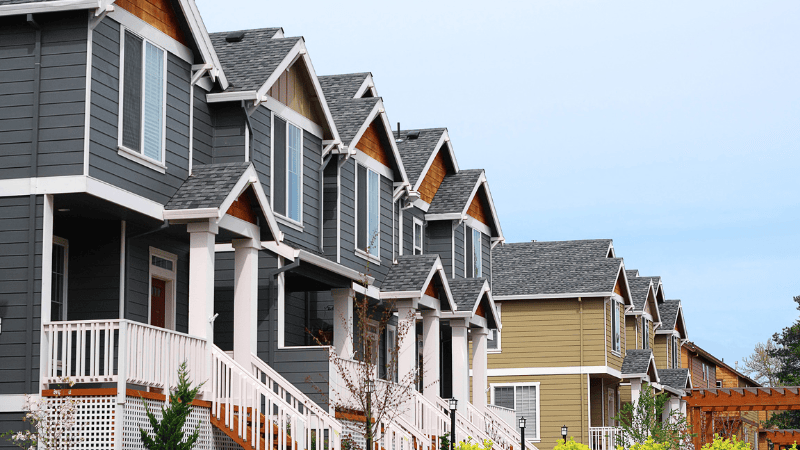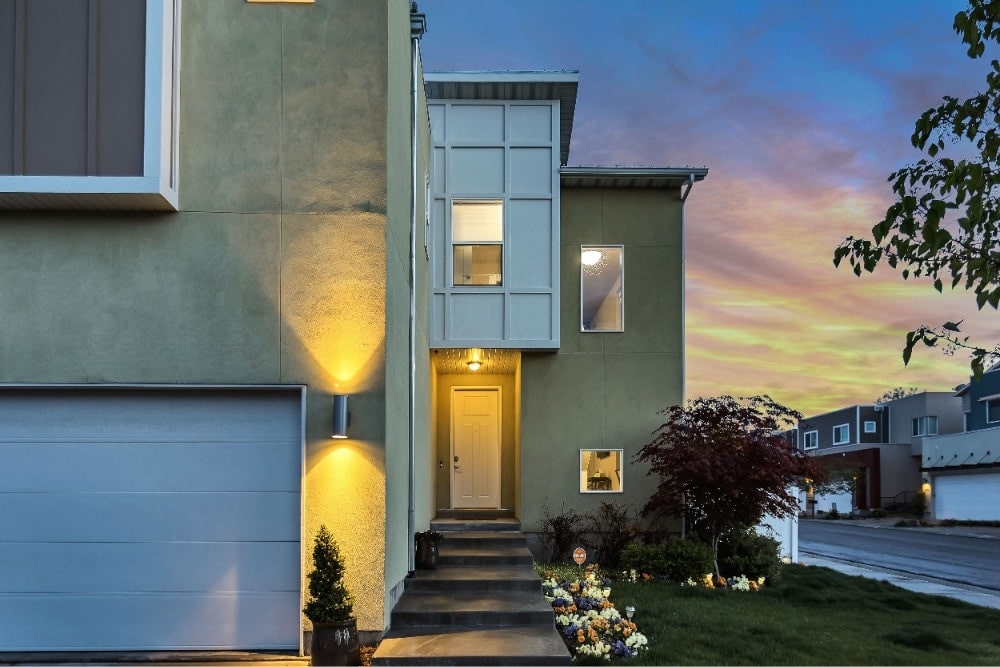Short-term rentals like Airbnb and Vrbo have unlocked massive income potential for real estate investors. But as the market matures, regulations are tightening—and what’s legal in one city may be banned in another.
Protect Your Rental Investment with Steadily
- Comprehensive coverage for fire, water, vandalism, and more
- Quick online quotes—get insured in minutes
- Tailored policies for short, mid, and long-term rentals
- Nationwide availability across all 50 states
Whether you’re launching your first Airbnb or scaling a portfolio of short-term rentals (STRs), understanding state and local regulations is critical in 2025. This guide breaks down where Airbnb is thriving, where it’s restricted, and what every investor needs to know to stay compliant and profitable.
Why STR Regulations Matter in 2025
- Fines for non-compliance range from hundreds to thousands per day
- Cities are enforcing permit and license requirements more strictly
- HOA and zoning restrictions are common—and easily overlooked
- Some lenders require proof of legal use for DSCR STR loans
Proactive compliance = long-term cash flow and portfolio protection.
Key Airbnb Regulation Categories
Here’s how most jurisdictions regulate short-term rentals:
✅ Permitted With Registration
You can operate STRs, but must register with the city or county and follow specific rules (occupancy limits, insurance, taxes).
✅ Limited or Zoned
STRs are only allowed in certain zones or property types (e.g., not in multifamily or only in commercial districts).
🚫 Restricted or Banned
Many major cities now ban entire-home rentals unless the owner is on-site (i.e., primary residence requirement).
Get Your Free Quote Now
2025 Airbnb Regulation Overview by State
Here’s a snapshot of notable STR-friendly and restricted states to help guide your investment strategy.
🟢 STR-Friendly States for Investors
Tennessee
- STRs widely allowed in cities like Gatlinburg, Pigeon Forge, Nashville suburbs
- State law preempts overly restrictive local bans
- High tourism demand = strong ROI
- Investor Tip: Always check zoning and HOA in resort areas
Florida
- STRs legal statewide, with local registration in many areas
- Cities like Orlando, Kissimmee, Cape Coral, and Tampa are investor-friendly
- No state income tax
- Investor Tip: Avoid Miami Beach and parts of Palm Beach County due to stricter rules
Arizona
- State law limits municipal bans on STRs
- STRs allowed in Scottsdale, Sedona, Flagstaff with some neighborhood restrictions
- Registration and tax remittance required
- Investor Tip: Comply with noise ordinances and guest limits to avoid penalties
Texas
- State has no overarching ban, and cities vary
- Austin and Dallas allow STRs in limited zones
- Suburbs like San Antonio, Fort Worth, and Galveston are more permissive
- Investor Tip: Local STR ordinances change frequently—monitor closely
Indiana
- STRs allowed with minimal restrictions
- Popular markets: Indianapolis, South Bend (for events), and small towns
- Great for BRRRR-to-Airbnb transitions with low entry prices
Get Your Free Quote Now
🔴 Restrictive or Challenging STR States
New York
- NYC: STRs are heavily restricted—full-unit STRs banned unless host is present
- Registration and inspection required for any legal STR
- Most investors avoid NYC for short-term rentals
- Investor Tip: Look outside the 5 boroughs (Hudson Valley, Albany)
California
- STR laws vary drastically by city
- Los Angeles, San Diego, and San Francisco have strict rules, often limiting rentals to primary residences only
- Investor Tip: Coastal cities = higher risk. Inland suburbs = more opportunity
Oregon
- Portland has aggressive STR enforcement, primary residence rules
- STRs legal elsewhere in the state with permits
- Investor Tip: Focus on vacation towns like Bend and Hood River where demand is high and regulations are manageable
Illinois
- Chicago STRs limited to owner-occupied buildings
- Requires license, inspection, and 100% compliance
- Suburbs are more permissive—but check local ordinances
Colorado
- Denver: STRs must be primary residence
- Mountain towns like Breckenridge, Vail, and Estes Park have strict caps on STR licenses
- Investor Tip: Look at mid-size cities and unincorporated areas for more flexibility
5 Compliance Must-Haves for Airbnb Investors
- Research Local Zoning and Permits
City, county, and HOA rules may all apply
- Get a Business License or STR Permit (if required)
Some cities also require inspections or proof of insurance
- Collect and Remit Local Occupancy Taxes
Airbnb often collects automatically, but verify your local responsibility
- Follow Health & Safety Codes
Fire extinguishers, smoke detectors, exit signage, etc.
- Track Your Income for DSCR Loan Refinancing
Lenders may require Airbnb statements, 1007 rent schedules, or AirDNA projections
How DSCR Loans Work With Airbnb
Yes—DSCR loans can be used for short-term rentals, but not all lenders accept STR income for qualification. Here’s what helps:
- Airbnb or Vrbo income history (12+ months preferred)
- Market-based rent projections from AirDNA or appraisal 1007 schedule
- Clear proof that STR use is legal in that jurisdiction
- LLC ownership and reserve funds
📌 Pro Tip: Choose lenders who specialize in DSCR loans for STRs and understand local zoning risks.
Final Thoughts
Airbnb investing in 2025 still offers strong returns and scalable growth—but only for investors who understand the legal landscape.
By focusing on STR-friendly states, registering your property, and keeping up with evolving local laws, you’ll protect your cash flow and avoid costly compliance mistakes.
Remember: in today’s environment, legal clarity is as important as location.
Protect Your Rental Investment with Steadily
- Comprehensive coverage for fire, water, vandalism, and more
- Quick online quotes—get insured in minutes
- Tailored policies for short, mid, and long-term rentals
- Nationwide availability across all 50 states
Our advise is based on experience in the mortgage industry and we are dedicated to helping you achieve your goal of owning a home. We may receive compensation from partner banks when you view mortgage rates listed on our website.




